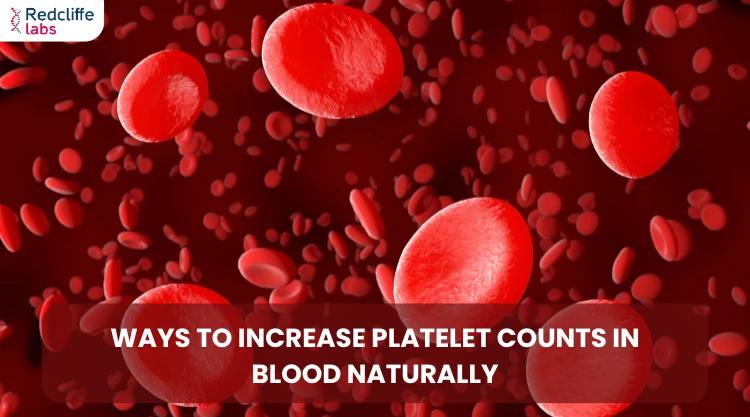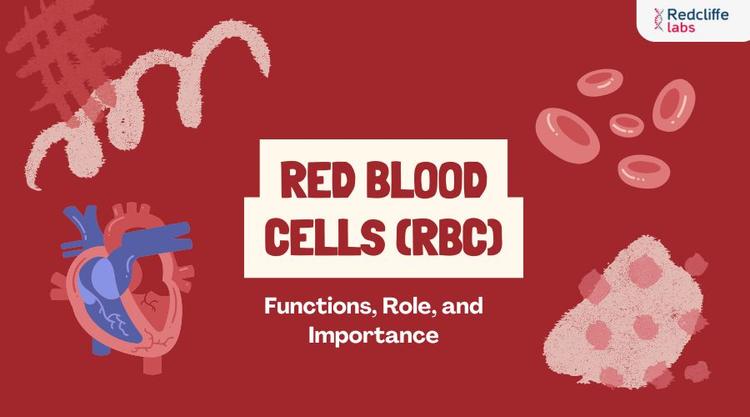Top Blood Donation Benefits: Save Lives & Improve Your Health

Medically Reviewed By
Dr. Geetanjali Gupta
Written By Ankita Mishra
on Oct 5, 2024
Last Edit Made By Ankita Mishra
on Jul 19, 2025

Blood donation is an act of kindness that saves lives and brings health benefits to the blood donor. It is a rare and sweet opportunity that touches the hearts of many people. India organizes several awareness campaigns about blood donations through National Voluntary Blood Donation Day, Blood donation agencies, E-Raktkosh, Aarogya Setu App, Abbott’s BETHE1, and several blood donation drives.
Blood donation is a win-win situation for every Indian, as it enhances one's overall well-being. It also encourages a strong sense of community, which reminds everyone that small acts of kindness can make a huge difference.
Blood Donation in India
India needs around 14.6 million blood units every year. Although there are an estimated 402 million eligible donors, there is a constant shortage of around one million units.
A 2022 study estimated 33.8 donations against the demand of 36.3 per thousand donations, resulting in a shortage of around one million units annually.
Our health minister has launched the “Raktdaan Amrit Mahotsav” campaign to encourage blood donation.
As of 2022, the E-Rakt Kosh portal has registered 1.76 million people as donors since its inception.
Around 85.5% of Indian youth have never donated blood, so India receives almost half of the required blood units yearly. Blood donation not only fulfills the annual requirement but also benefits donors.
Benefits of Blood Donation
Blood donation benefits emotional, mental, and physical health. An expert says it can reduce stress, improve emotional well-being, improve mood, bring a sense of completeness, and reduce isolation.
Experts conducted several studies to determine whether donating blood lowers the risk of heart disease and heart attacks. They came up with mixed theories.
A study found that regular blood donation can increase cholesterol levels, leading to the risks of heart disease.
Another study found that regular blood donation may lower iron content in the body, increasing the risk of heart attack.
The research found that regular blood donation may lower blood pressure levels. However, another study observed that it may possess a real physiological response.
Blood donation benefits several people with health conditions, especially:
- Individuals with internal or external bleeding due to injury.
- Individuals with sickle cell disease.
- Individuals undergoing cancer treatment (chemotherapy or radiotherapy).
- Individuals with an inherited blood disorder.
- Individuals undergoing transplantation.
- Individuals who need plasma treatment.
- Individuals undergoing surgery (cardiovascular or orthopedic surgery).
- Individuals with any illness affecting their blood.
Experts say that blood donation can also benefit donors. Let’s look at how.
Identify Underlying Health Condition
Before donating blood, you must undergo a blood test, which can help you identify an underlying health condition, such as low or high blood pressure.
A blood test provides insight into individual health. It can check a person’s heart rate, blood pressure, body temperature, and hemoglobulin levels.
Manage Weight
Some people claim that donating blood burns approximately 650 calories, but this is doubtful. There is no scientific evidence for it, and this short calorie loss may not help one lose weight.
Apart from tests, blood donation centers weigh people before they give blood. This helps people identify if they are obese, underweight, or have any underlying health problem.
Fulfill The Annual Blood Requirement
85.5% of Indian youth don’t donate blood, and only 10% of women contribute blood. The number displays the low rate of blood donation in India. If everyone eligible (for blood donation) donates blood, it may fulfill India's annual requirement. This small change can bring a huge difference to society.
Potential Disadvantages of Blood Donation
Blood donations are safe. However, some people may experience certain side effects after donating blood. These reactions are temporary, with minor responses.
- Weakness
- Fainting
- Dizziness
- Nausea and vomiting
- Lightheadedness
- Bleeding under the skin
- Bruises
These are minor effects; however, in rare cases, a person might experience adverse effects. These effects will disappear within 24 hours. People with low weight or first-time donors might experience:
- Muscle contractions
- Breathing difficulty
- Fainting
- Convulsion
- Low blood pressure
Some studies show that blood donation may reduce athletic performance. So, if you are a sports enthusiast, consult your doctor before donating blood.
Key Takeaways
Blood donation is the simple and kindest act one can contribute to society. India’s health minister has started several campaigns to spread awareness about blood donation. The process takes a couple of minutes, benefiting society and the donors. Always be clear before donating blood.



